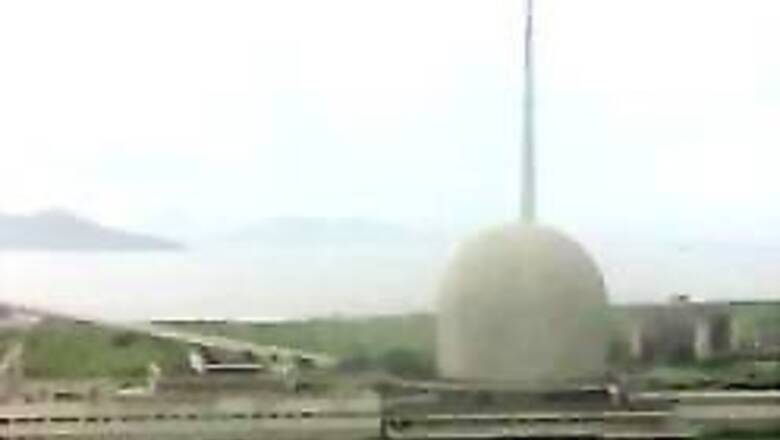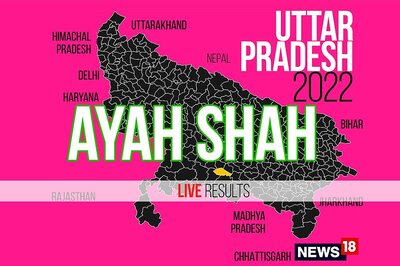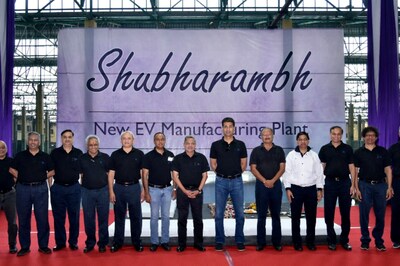
views
Washington: A US think tank on Friday questioned India's nuclear non-proliferation record, saying it had uncovered illicit Indian government nuclear procurement from Europe that leaked sensitive atomic technology.
US President George W Bush has used India's so-called untarnished non-proliferation record as a basis for sealing a civilian nuclear deal with New Delhi last week.
But the Institute for Science and International Security (ISIS), a private group in Washington, said in a report on Friday that it "has uncovered a well-developed, active, and secret Indian program to outfit its uranium enrichment program and circumvent other countries' export control efforts."
Uranium enrichment is used as fuel for nuclear reactors but can - in highly refined form - be the fissile core of an atom bomb.
"Indian procurement methods for its nuclear program leak sensitive nuclear technology," said the report, co-authored by ISIS President David Albright, a former UN nuclear inspector.
"Certainly from the supplier states from Europe and could be from other places too," Albright added.
He declined however to elaborate. "We sculptured that comment in the report very carefully," he said.
US and Indian officials claim that New Delhi does not engage in illicit nuclear procurement and has an exemplary record of preventing nuclear secrets from falling into the wrong hands.
The ISIS report said that under the direction of India's Department of Atomic Energy, the public firm Indian Rare Earths Ltd of Mumbai procured sensitive materials and technology for a secret gas centrifuge uranium enrichment plant outside Mysore in southern India.
Rarely acknowledged by the Indian government as a gas centrifuge plant, the plant is believed to provide enriched uranium for civil research reactors, perhaps nuclear weapons, and a fledging naval reactor program, ISIS said.
"Public information about India's procurement for (the plant) is also shrouded in secrecy," according to the report.
On foreign procurement by Indian Rare Earth, ISIS said the firm, and trading companies procuring on its behalf, did not reveal that "the end user is an unsafeguarded uranium enrichment plant."
PAGE_BREAK
Its methods "allow a supplier to easily avoid knowing the true end use of an item and thus the supplier escapes responsibility for providing a dual-use item to a gas centrifuge plant," the report said.
Ironically, it said, India’s gas centrifuge program was procured through individuals who also played key roles in the illicit nuclear trading network led by notorious Pakistani nuclear scientist A Q Khan.
"We don't see India like Pakistan but they are not like Japan either," Albright told AFP. "There are some serious issues that India has to wrestle with and certain things it has to change," he added.
The US-India deal, which gives India access to long-denied civilian nuclear technology in return for placing a majority of its nuclear reactors under international inspection, has to be cleared by the US Congress before it can be implemented.
The Bush administration has proposed to Congress that an India-specific amendment be made to the US Atomic Energy Act, which currently prohibits nuclear sales to states, which are not signatories to the Nuclear Non-Proliferation Treaty.
India has refused to sign the NPT and has developed nuclear weapons.
ISIS proposed that before the United States and other countries engaged in nuclear cooperation with India, Indian procurement and export practices be closely scrutinized.




















Comments
0 comment